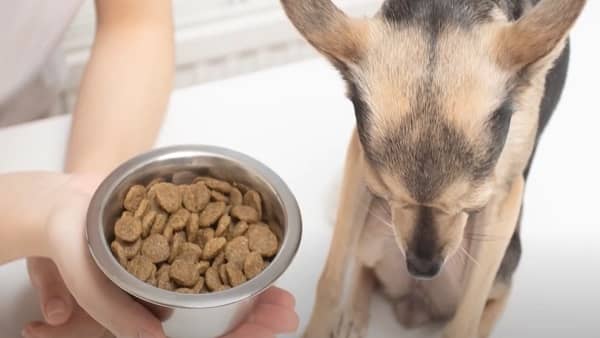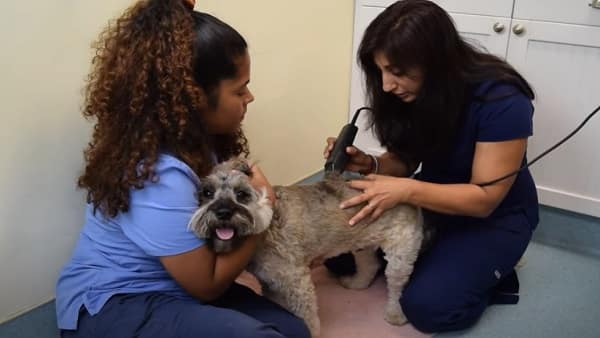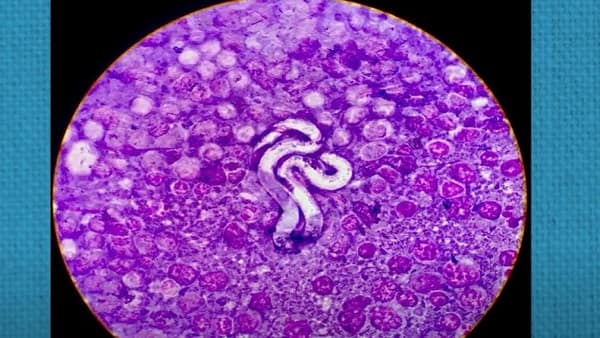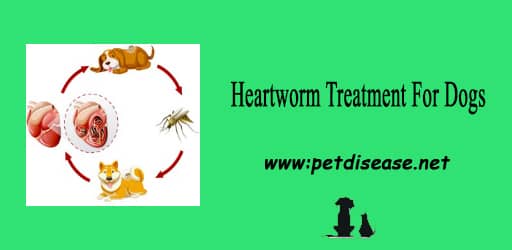Hello, dear dog lovers! We value the joy that our furry friends bring into our lives as pet owners. However, it is essential that you should be aware of the diseases they might face, including parasites known as hookworms . If they are left untreated, these small and dangerous insects may cause a serious risk to their health. In this article, we’ll look at the way disease heartworm treatment for dogs , how they affect our four-legged friends, and how you can keep them healthy and safe.
What are Hookworms in Dogs?
Hookworms, those smart parasites, are intestinal worms that live in your dog’s intestines. They get their name from their hook-like mouthparts that grab onto the intestinal lining and feed on your dog’s blood.

These small worms are often less than an inch long but don’t be fooled by their size, they may create damage to the health of your dog. Hookworms are scientifically known as Ancylostoma caninum and Uncinaria stenocephala.
Symptoms of Hookworms in Dogs
If you ever observe these symptoms in your dog that might indicate the presence of Hookworms. Have a look below:
1. The Diarrhea Dilemma:
You should check your dog if he has sudden diarrhea. Constant and repeated diarrhea could be a warning sign. Hookworms in dogs can cause intestinal irritation, resulting in bloody stool.
2. The Energy Drain when suffering Heartworm Treatment For Dogs :
We all adore our dogs because of their energy and fun nature. However, if your dog suddenly looks less energetic than usual, this is a warning sign.

Hookworms are bloodsuckers that consume your dogs’ blood and ability to cause anemia. Anemic dogs are weak, lethargic, and less interested in their normal activities.
3. Unwanted Weight Loss:
If you observe your pet losing weight unexpectedly, it might be a cause for concern. Hookworms may destroy important minerals in dogs, causing weight loss despite their strong appetite. If your dog’s ribs and spine appear to be larger than usual, it’s time to see your veterinarian.
Causes of Hookworms in Dogs
It’s essential to know how your dogs get hookworms. Dogs can get hookworms through various routes of infection. The most common causes you need to know about hookworm are as follows:
- Contaminated Soil: Hookworm larvae develop in the environment, especially in warm and humid places. When dogs come into contact with contaminated soil or grass, they can ingest the larvae accidentally while cleaning themselves or through skin penetration. It particularly happens when the larvae move into their paws or skin.
- Ingestion: Dogs can ingest hookworm larvae by eating diseased food heartworm treatment for dogs and polluted water. Further, this disease can be developed by licking and sniffing areas where infected animals have been through.
- Mother to Puppies: Hookworms can be transmitted to puppies by pregnant or nursing dogs. The larvae may enter the placenta and infect puppies while they are still in the womb. Another way that it can be transmitted is through the mother’s milk while nursing.
- Fecal-Oral Route: There is the risk of hookworm larvae being consumed if a dog comes into contact with the feces of an affected dog either directly or indirectly.

How to Treat Heartworm Treatment For Dogs?
So, when it comes to treating hookworm infestations in our pets, we have some important steps to follow:
- Veterinary Examination and Diagnosis: If you feel that your heartworm treatment for dogs, seek veterinary help right away. The veterinarian will go through a complete physical and fecal examination.
- Deworming Medications: Once hookworms have been confirmed, your veterinarian will prescribe suitable deworming medications. Fenbendazole, pyrantel pamoate, and milbemycin oxime are common medicines. These will work to kill adult worms in the dog’s intestines. It can be given orally as tablets, liquids, or chewables.
- Follow Veterinarian’s Instructions: It is necessary to carefully follow your veterinarian’s instructions regarding the dosage and duration of the deworming medical care. Some dewormers may take multiple doses over several days to eliminate all life stages of hookworms.
- Address Anemia and Nutritional Support: If your dogs suffering from severe hookworm infestations, particularly puppies, may develop anemia due to blood loss. Your veterinarian may advise you on additional treatments to manage anemia and provide nutritional supplements.
- Safety Measures: Once you are done with successful treatment, now it is important to take safety measures to avoid new hookworm infestations. Regular fecal examinations and deworming according to your veterinarian’s recommendations can help avoid re-infestation. Furthermore, keeping your dog’s living area clean and free of feces can help in lowering the danger of hookworm.
Can Humans Get Heartworm Treatment For Dogs?
The good news is that hookworms often prefer to live in dogs. While people can become infected with hookworms, it is usually through other species of hookworms that target humans specifically. To minimize any potential risk, it’s important to maintain good hygiene. You should especially wash your hands after handling your dog.

Conclusion
It is our job as responsible dog owners to protect our pets against hookworms and other parasites. We can ensure that our pets have happy, healthy lives by identifying potential risks and being active. Regular veterinary check-ups, deworming, and good cleanliness will go a long way towards protecting our canine companions.
“Remember, a healthy puppy is a happy puppy”.

